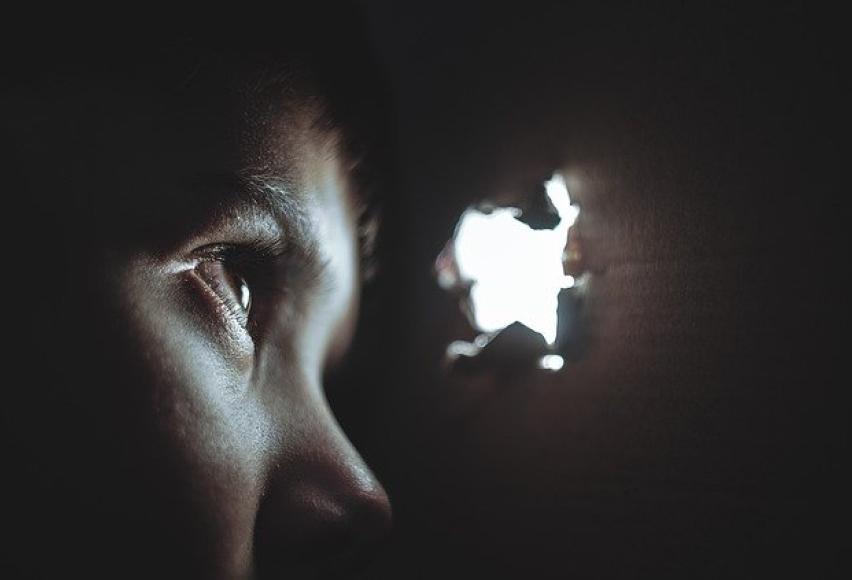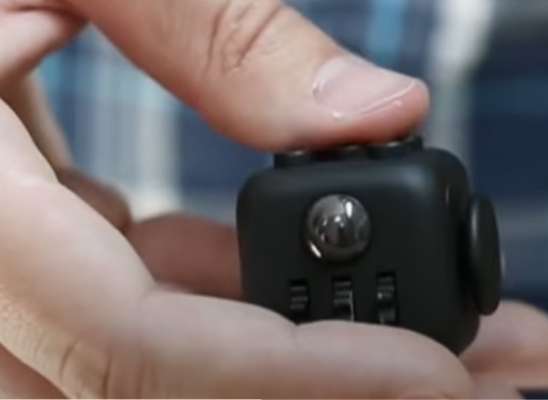Experiential Avoidance and Triggers in Trich

Online test
Find out the severity of your symptoms with this free online test
One of the first things that occur in therapy for trichotillomania involves increasing awareness about pulling behaviors. The goal is to help a person become more aware of the triggers, both internal and external, that get the behaviors started. Once those triggers become known, then the person can make an informed choice about whether to pull or do something else.
This summary is a simplistic view of the beginning stages of habit reversal therapy, which is one of the most widely used evidence-based therapeutic interventions for trich. However, sometimes it is not as easy as identifying triggers.
A previous blog post explained the role of pulling as it relates to avoidance behavior and newly published research sheds additional light on this. The earlier research found that people who compulsively pull their hair engage in a variety of avoidance behaviors, meaning that pulling causes people to stop doing things they did before. The most common types of avoidance include not participating in social activities, giving up on goals, avoiding relationships, and not thinking about the future. This is bad.
Avoidance Decreases the Effects of Therapy
High levels of what researchers call “experiential avoidance” results in poorer therapy outcomes and increase feelings of shame and inadequacy. In plain language, the more a person with trich avoids experiencing life, the less likely they are to benefit from therapy. They are also more likely to feel bad about themselves which feeds back into avoiding life and not responding well to therapy. The negative feedback loop continues and the person with trich feels more helpless over their behaviors.
The new study published this month looked at pulling antecedents and the resulting levels of experiential avoidance. The researchers invited 285 adults to participate in the survey which sought to measure pulling severity, experiential avoidance and the antecedent behaviors that led up to pulling to see if they could establish any relationships. Antecedent behaviors are a fancy way of describing the triggers that lead to pulling behaviors. What they found was that not everyone’s antecedent behaviors are the same, nor do they all result in avoidance behaviors. The participants who experienced bodily sensations, physical symptoms, anxiety, and general discomfort as triggers to pulling were more like to have the highest experiential avoidance.
This Means What?
The results of this research reinforce the need for discovering pulling antecedents and addressing them. As mentioned at the beginning of this post, the identification of triggers is an important component of increasing self-awareness at the start of therapy. We also know that people who pull and then disengage from life (high avoidance behaviors), will not do as well in therapy. If we know that certain antecedents or triggers are highly related to avoidance behaviors, then a therapist can address particular antecedents differently. It also informs a therapist that if someone reports bodily sensations as a trigger to pull, that person likely avoids experiences even if the client does not report disengagement from life. It also gives a therapist more information to help normalize the experiences and behaviors their clients encounter. When a therapist can tell a client they are not alone in thinking or feeling a certain way, they tend to feel more hope for change.
Understanding the connection between triggers (antecedents), experiential avoidance, and treatment outcomes helps therapists and clients navigate the treatment process and stresses the need to attend to individual differences.
Online test
Find out the severity of your symptoms with this free online test
Start your journey with TrichStop
Take control of your life and find freedom from hair pulling through professional therapy and evidence-based behavioral techniques.
Start Now



